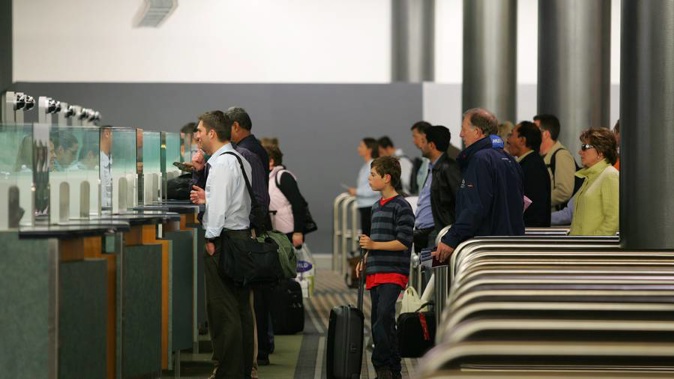
The senior lawyer charged with oversight of our spies has issued a damning report into "unlawful" access of data about "large proportion of New Zealanders" by the NZ Security Intelligence Service.
Inspector General of Intelligence and Security (IGIS) Cheryl Gwyn has also detailed a difficult relationship with the NZ Security Intelligence Service, accusing it of a "lack of precision and forthrightness".
In a report released today, Gwyn has spelled out her belief that the NZSIS unlawfully access Customs' data for 17 years.
She details how the service had access to a Customs' computer terminal, which allowed agents to do a massive trawl of information that "detailed the movement of 11 million passengers each year".
She said the resulting database would include "data relating to a large proportion of New Zealanders".
She said the NZSIS had ignored requests for information on how much data it held and she had asked again for it to be provided within three months.
It is unclear what Gwyn could do if it continued to ignore her.
The inquiry came about when a new law allowing the intelligence service access to government databases raised questions about existing access.
That was in 2014 but the review has dragged on while the NZSIS sought alternative legal opinions, commissioned an "independent review" and, according to the Inspector General, simply delayed responding.
The questions raised were around access to Customs NZ and Immigration NZ databases, which cover a huge amount of personal information about anyone traveling to or from New Zealand.
Take your Radio, Podcasts and Music with you









